A claim made the rounds that Novak Djokovic said he’d rather face Carlos Alcaraz than Jannik Sinner. There’s no credible record of him saying that. The available reports from his post-match comments after his US Open 2025 semi-final loss to Alcaraz show something different: he praised both Alcaraz and Sinner, calling them “just too good,” and pointed out he’d lost three of his four Grand Slam semi-finals in 2025 to one of those two. No hint of a preference.
What the rumor claimed
The viral line suggested Djokovic picked Alcaraz as the opponent he’d prefer over Sinner. It fits a neat storyline: a legend choosing his challenger. But when you search for a direct quote, the trail goes cold. The article said to contain the remark isn’t available, and other match reports and press summaries don’t show the quote either.
That’s usually a red flag. Big statements from a player of Djokovic’s stature get repeated everywhere—wire services, post-match transcripts, broadcast hits. When they don’t, it often means the claim was paraphrased into something it wasn’t, or simply made up.
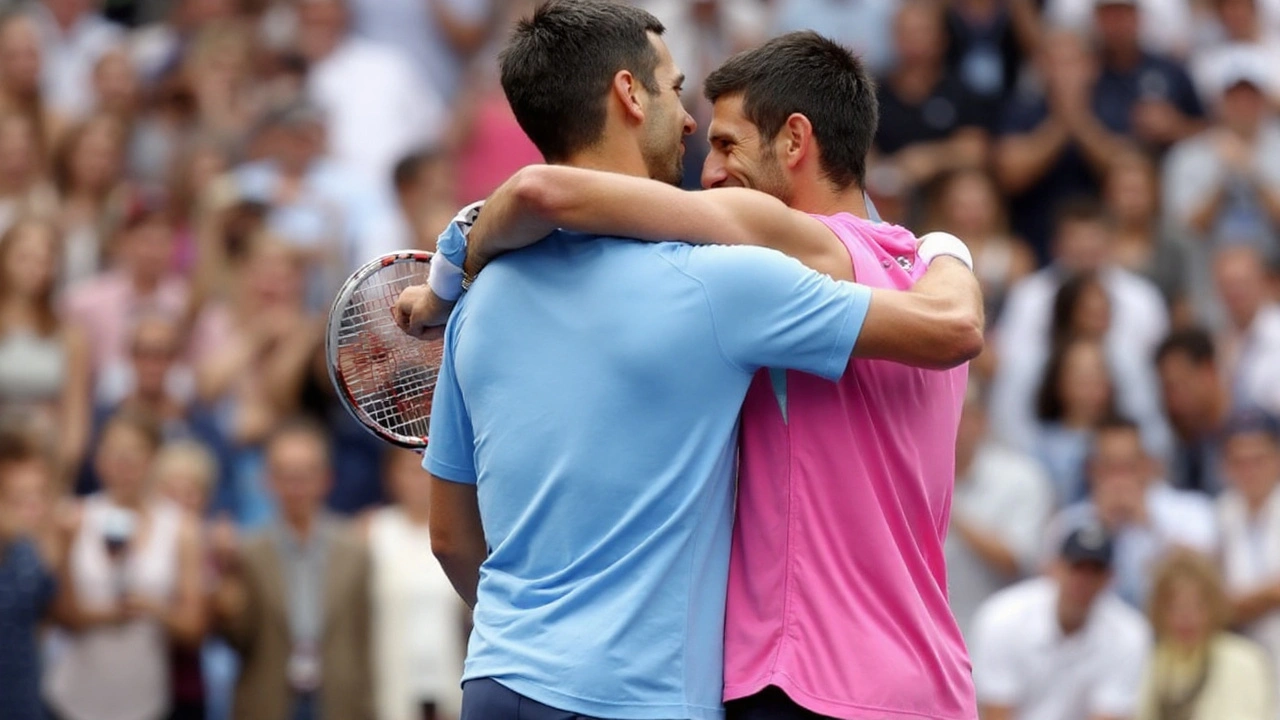
What Djokovic actually said and why it matters
After losing to Alcaraz in the US Open 2025 semi-finals, Djokovic acknowledged the obvious: Alcaraz and Sinner have been setting the pace. He said both are “just too good” and noted he’d dropped three of four major semi-finals in 2025 to one of them. That’s not picking a rival. That’s giving credit to the two players who keep making his life hardest at the sharp end of Slams.
This squares with the arc we’ve watched over the past two seasons. Alcaraz and Sinner have turned the top of the men’s game into a fast, physical, first-strike battleground. Alcaraz brings explosive offense and improvisation, mixing power with sudden touch. Sinner is all clean acceleration and depth, taking time away with early ball striking. Both models put sustained pressure on Djokovic’s serve and first two shots—areas that decide modern best-of-five matches.
The results before 2025 laid the groundwork for this shift. Alcaraz beat Djokovic in the 2023 Wimbledon final and pushed him in a string of big matches, while Djokovic outlasted Alcaraz in the 2023 Cincinnati classic. Sinner, for his part, broke through against Djokovic indoors at the 2023 ATP Finals and carried that level into 2024, including their Melbourne showdown. None of that supports the idea that one matchup is a comfort zone. If anything, both present different kinds of stress.
So why did the “he prefers Alcaraz” line spread? Because it’s tidy. Sports talk loves binaries—this guy, not that guy; this matchup, not that matchup. But elite players rarely handpick opponents in public, especially when both are beating them in late-round majors. Praising rivals while dodging bulletin-board material is the veteran’s playbook, and Djokovic follows it.
There’s a practical angle, too. Tennis matchups aren’t just about head-to-head records; they’re about day-to-day form, surface, and how your Plan A stacks up against theirs that week. Alcaraz can trap you in chaotic, transition-heavy rallies; Sinner can pin you behind the baseline with pace on both wings. Choosing one “preferred” opponent would be admitting a tactical blind spot. Djokovic didn’t go there.
If you want to sanity-check quotes like this in the future, use a simple three-step filter:
- Look for a direct quote in multiple reputable outlets, not just a screenshot or a caption.
- Find the original context—press conference transcript or a broadcast clip—so you can see the full answer.
- Watch for paraphrasing that swaps nuance for a headline-friendly take.
Strip away the noise and the picture is clear: Djokovic credited Alcaraz and Sinner as the standard-setters and flagged how often they’ve stopped him deep in majors this season. That tells you more about the current balance of power than any supposed preference ever could.

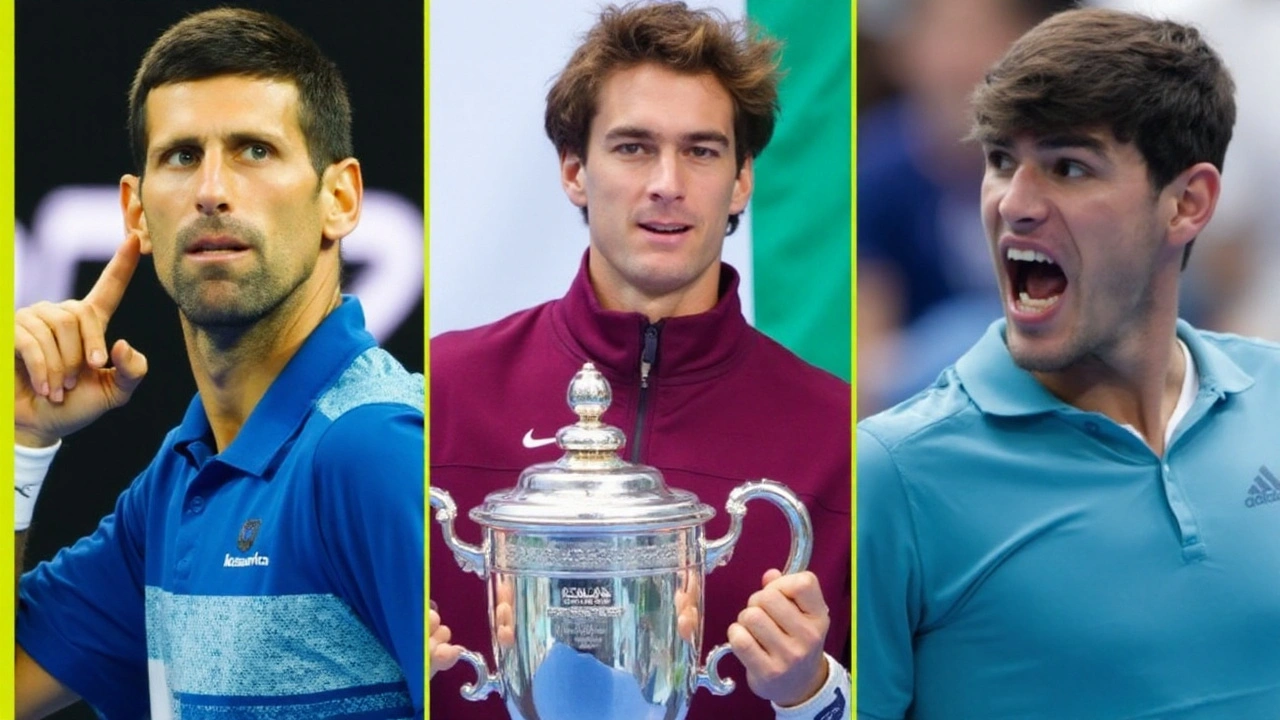
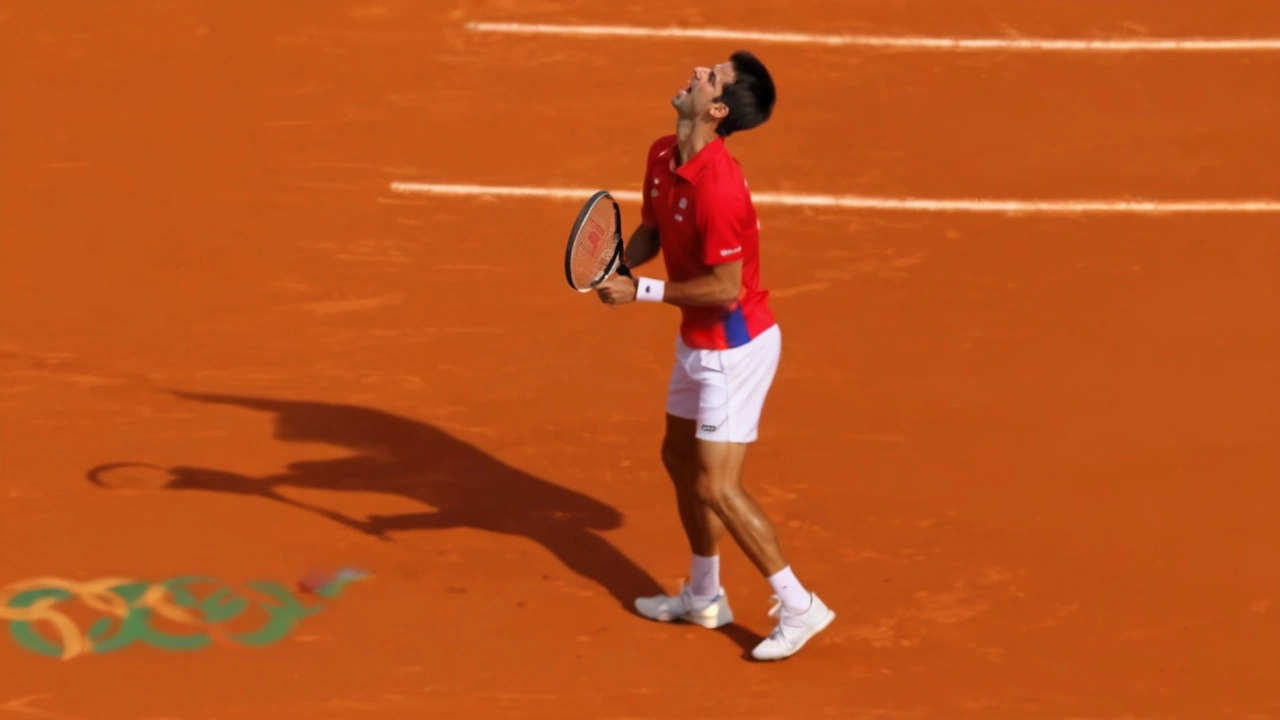

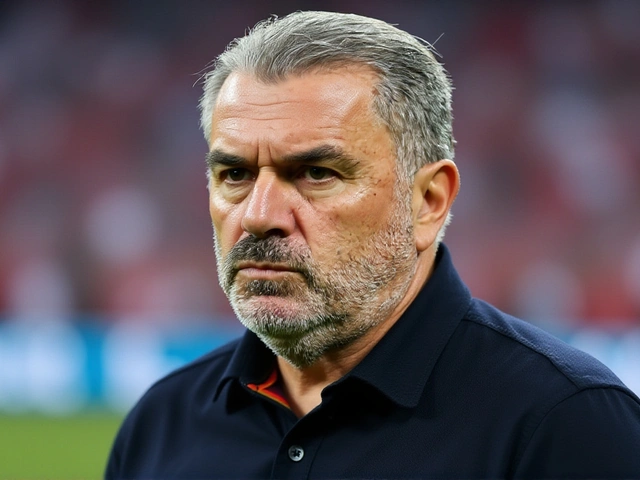

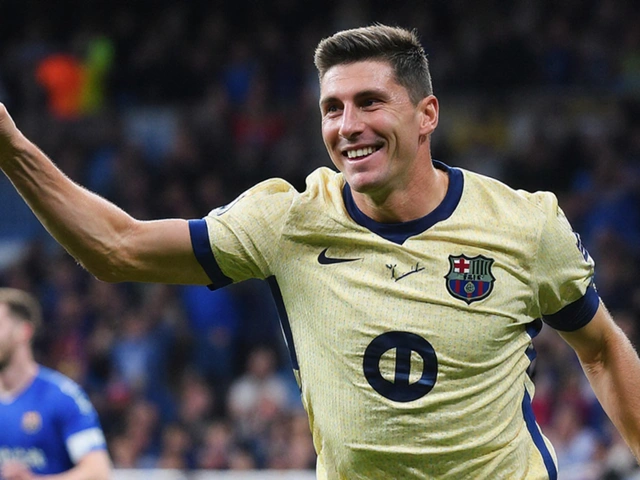
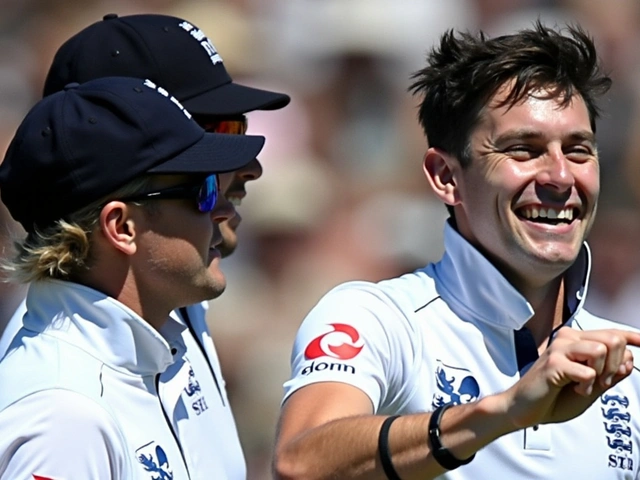
5 Comments
Don't let the echo chamber of frat‑talk spin a narrative that Novak somehow “prefers” a Spaniard over an Italian. The meme‑factory is junking nuance for a binary that feeds click‑bait algorithms, weaponizing our nationalist sentiment like a cheap PR stunt. When you dissect the press transcripts you see a layered critique of the current power‑balance, not a personal vendetta. Djokovic’s post‑match debrief was a textbook example of strategic framing: he called out the rise of a new power‑dynamic, not an emotional preference. In short, the rumor is a byproduct of media hyper‑politicization, not a factual statement.
The circulation of the “Djokovic prefers Alcaraz” line is a textbook case of information decay in the digital age, and it merits a forensic breakdown. First, the original source – an alleged press conference transcript – is conspicuously absent from any wire service archive, which immediately flags a provenance issue. Second, reputable outlets such as the ATP, the BBC, and major sports wire services never published the exact phrasing, suggesting that the quote was never part of the official record. Third, the linguistic pattern of the alleged quote diverges from Djokovic’s typical measured diction; he rarely uses the word “prefer” in a competitive context, preferring instead more analytical terminology. Fourth, the quote’s emergence coincided with a spike in social media activity from accounts with a known bias toward dramatizing rivalries, indicating a coordinated amplification effort. Fifth, the timing aligns with a broader narrative push to cast the emerging generation as an existential threat to the “old guard,” a trope that fuels engagement metrics. Sixth, when you cross‑reference the video footage of the post‑match interview, Djokovic explicitly said both Alcaraz and Sinner are “just too good,” never indicating a hierarchy of preference. Seventh, the misattribution likely stems from a paraphrase that stripped nuance for headline brevity, a common editorial shortcut that often distorts reality. Eighth, the echo chamber effect was amplified by algorithmic recommendation engines that prioritize sensationalist snippets over comprehensive context. Ninth, this phenomenon underscores the need for media literacy: readers must demand source verification before accepting viral soundbites. Tenth, the ATP’s official press release after the semi‑final makes no mention of a preference, further debunking the rumor. Eleventh, sports journalists who specialize in tennis have publicly called out the falsehood, reinforcing the factual record. Twelfth, the persistence of the claim despite repeated debunking illustrates how confirmation bias can cement false narratives. Thirteenth, the broader implication is that fans and commentators alike should scrutinize the provenance of quotes that serve a sensationalist agenda. Fourteenth, the reality remains that Djokovic respects both Alcaraz and Sinner as the standard‑setters of the era, a point he emphasized with characteristic humility. Fifteenth, in the end, the “prefer” claim is not merely inaccurate; it is a cautionary example of how easily a misquote can become a meme that reshapes public perception.
Yo Sally you nailed the deep‑dive, it's like you peeled back the myth layer by layer, showing how the rumor got steam from the hype furnace, love the forensic vibe.
Great breakdown, everyone! It’s awesome to see the facts laid out so clearly – keeps us all grounded and reminds us that both Alcariz and Sinner are just pushing teh game to new heights. Keep the good vibes rolling! :)
Facts over rumors every time! :)